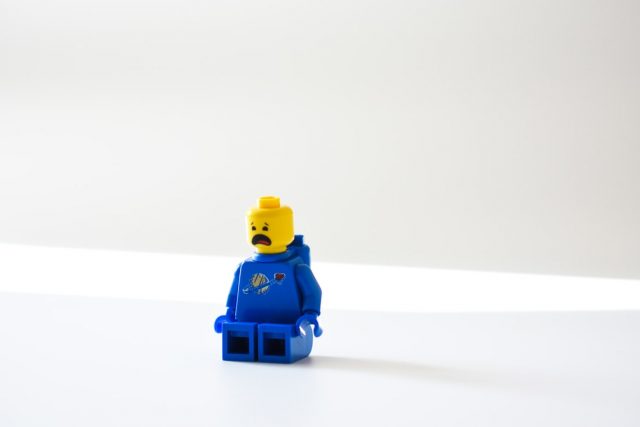
January 16 is the most depressing day of the year according to the British. New Year’s Eve is over, the streets are boring, and there’s still time to run out of paychecks. Thus, the third Monday in January got its name – “sad Monday” (Blue Monday).
The concept was introduced by Cliff Arnal, a psychologist at Cardiff University. In 2005, he calculated a formula based on psychological, economic and meteorological indicators and came to this conclusion. Some scientists called his approach pseudo-scientific, but sad Monday took root, you need to justify your mood with something.
We asked a psychologist why it’s a good idea to take time to feel sorry for yourself, but it’s not a good idea to ignore emotions.

Maria Potudina, psychologist and mediator
Why do we need emotions?
Emotional reactions give us important information about how we feel about the situation and how our interlocutor feels about it. These are some signals of what is going on inside of us. Often we do not have time to say something with words, and our facial expressions, body language and tone of voice already express our feelings and emotions.
The second important role of emotions is to motivate and organize our actions. That is, emotions often predetermine our behavior. The simplest example: “I loved spending my vacation at sea, so I’ll work more or look for a job remotely.”

Why is it necessary to be sorry?
Sadness includes a whole fan of emotions – this is longing, discontent, regret, pain, despair, melancholy and others. And all of them are necessary for us to experience this or that event. There are also bodily manifestations of sadness – lethargy, apathy, desire to stay in bed, a feeling of emptiness, unwillingness to speak. Of course, you don’t want to be in such a situation, but you can’t ignore it either.

Ignoring sadness has the opposite effect – we can’t truly experience happiness without knowing how to be sad. If the sadness is not opened and experienced, it will not reach anywhere and can turn into anger, resentment, moodiness, self-criticism, accusations and a pessimistic view of life. This can also affect the body: for example, insomnia, difficulty concentrating, loss of appetite appear. So release your emotions and take some time. Do you want to lie in bed all day? Do. Do you want to be sad and not talk to anyone? be sorry. The important thing is not to ignore your feelings, but to live them.
5 simple steps to live your emotions
Step 1: Stop
If you notice that you are experiencing a strong emotion, stop and listen to yourself. We have a natural desire to get rid of something bothersome right away, but it’s important to stop and understand what’s bothering you.
Step 2: Name the emotion
When you stop and are ready to listen, ask: how am I feeling? How does it look? When we name an emotion, we make it visible to ourselves. We can follow which events in the future trigger these feelings in us. And that ultimately gives us control – it’s not the emotions that control our behavior, but we control them.

Step 3: Follow the emotion in the body
Many emotions manifest themselves at the bodily level. For example, he becomes hot with anger, anxiety is expressed by an unpleasant heaving in the stomach, and boredom is expressed by an itch inside and a desire to do something as soon as possible. Ask yourself: where is emotion located in the body? How does emotion show itself in me?
Step 4: Get to know everything
Some emotions are taboo in our culture. For example, if someone is angry or upset, they often hear in their address: “Well, it’s okay, don’t be upset. Don’t be angry, nothing happened.” A person tries to force as much as possible to stop feeling objectionable emotions. But they are not going anywhere and will most likely find a way out at the most unfortunate moment.
Step 5: Allow yourself to feel this emotion.
Many people fear anger because they think anger and aggression will never go away. But in fact, when we become aware of an emotion, its power begins to wane. Allowing yourself to feel and knowing how you are feeling right now is an important tool for understanding the outer and inner world.
Source: People Talk
Errol Villanueva is an author and lifestyle journalist who writes for The Fashion Vibes. With a passion for exploring the latest trends in fashion, food, travel, and wellness, Errol’s articles are a must-read for anyone interested in living a stylish and fulfilling life.



.png)

